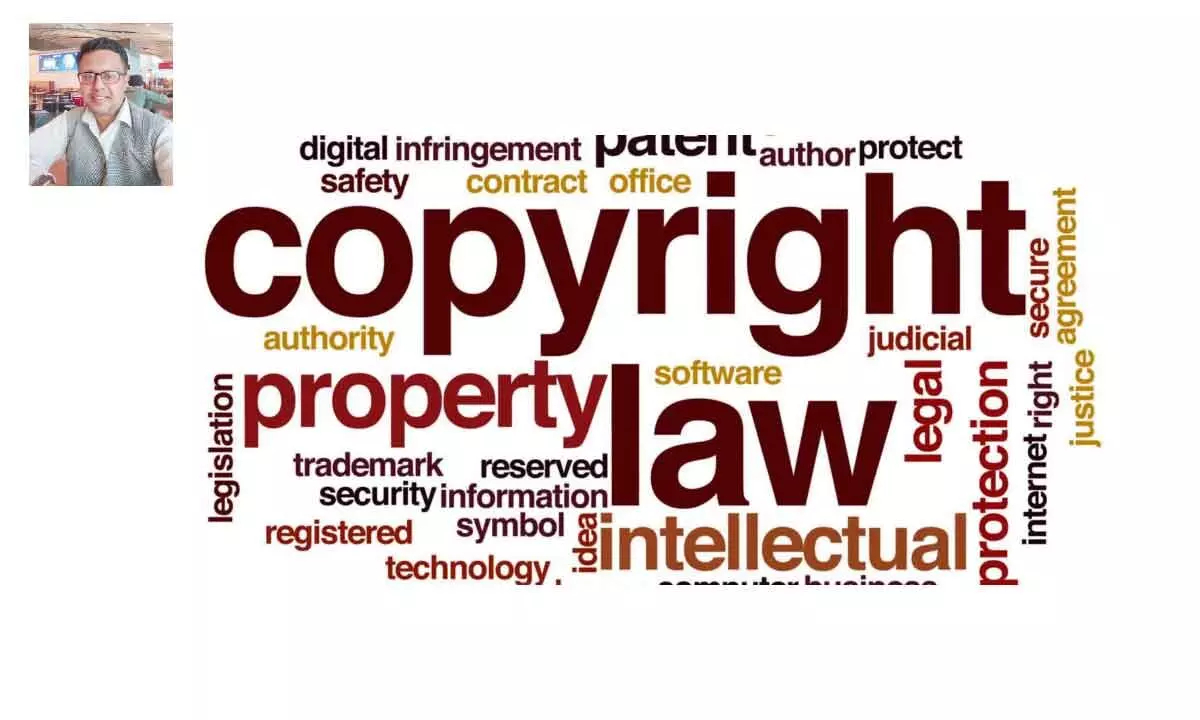Authors and creators should understand the nitty-gritty of copyrights
Copyright Act: Once remunerated, a creator shall forfeit all rights unless explicitly retained in an agreement
image for illustrative purpose

The rights to commercially exploit any song are with music companies. Given this how are music creators claiming rights and ownership after being paid to transfer these rights to the music company?
Copyrights have been the bread and butter for content creators over the years. Authors, music composers and creators and artists create new and original works every day and would like to reap benefits from the same by transferring their rights to producers or publication houses for a consideration.
What happens after the ownership of copyright is transferred? Do the creators and authors have economic and moral rights in their work and can they exploit after being paid for their creations.
Let’s find the answer to these questions. After music maestro Ilayaraja sent legal notices on violation of his copyrights to Echo recording company and to the makers of Manjummel Boys, the ownership issue in copyright has come to the spotlight once again.
In the case of Manjummel Boys, the producer of the movie has used his composition in the movie ‘Gunaa’ without any consent and royalty. This has opened a new debate on who owns the copyright after its transfer to the owner against remuneration.
The rights to the song in ‘Gunaa’ belong to the music companies Pyramid and Sri Devi Sounds after Ilayaraja had given the ownership to them by way of copyright transfer agreement. The rights to the song have been bought by 'Manjummel Boys' from the music companies and then used in the movie. The rights to commercially exploit any song are with music companies. Given this how are music creators claiming rights and ownership after being paid to transfer these rights to the music company?
The legal battles on copyrighted songs and composition of the music maestro started when he restrained the music labels from monetizing his songs composed without his permission. He also won a legal battle with the famous singer SP Balasubrahmanyam, who was singing his songs and compositions on a world tour with the event organizers for commercial gains.
As per the Copyright Act, once remunerated, a creator shall forfeit all rights unless explicitly retained in an agreement, hence the question of ownership does not arise, and the moral rights claim is based on his reputation to get economic gains.
Hence, Echo Recording Company has argued that Ilayaraja does not retain copyright for the 4500 songs he composed, contrasting it with AR Rahman’s contracts where specific clauses ensured his retention of rights.
On the other hand, Ilayaraja’s team claims that he maintains moral rights to his compositions, irrespective of contractual stipulations, aligning with international norms where creators often retain moral and economic rights even if they assign copyrights for commercial exploitation.
In conclusion, the court will have to decide on the ownership of copyrights for authors and creators, who claim their economic rights along with moral rights on their works after having transferred the rights to music companies and production houses. Finally, to clear the air, it’s always advised to make a fool proof contract between the author and the owner of the copyright explicitly making clauses to protect the economic rights even after being paid by the producers for the film or any project and go for creative common licenses with certain conditions while using the work in public.
(The writer is Head (Legal & IPR), Resolute Group of Companies)

